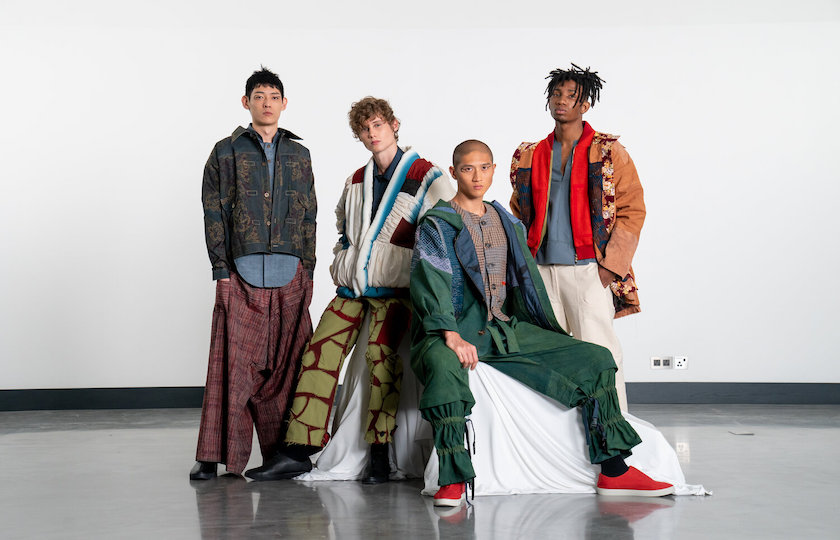Growing as a trend, sustainable fashion has received attention from individuals and brands. However, the concept can be easily misperceived since it requires consumers and brands to have a deep understanding, persistence and passion, believes fast-rising Vietnamese designer Le Ngoc Ha Thu.
A graduate of the London College for Design and Fashion (LCDF) in Hanoi, Le was the Redress Design Awards 2020 Menswear winner and has more than seven years’ experience in researching and practising sustainable fashion.
As part of her Redress Award, she worked with Timberland to deliver the message of viability and support young designers to work toward it through the 2022 New Year Collection.

Le’s inspiration for green fashion started when she read the book ‘Eco Fashion’ by Sass Brown, which highlights the fashion industry as one of the biggest contributors to greenhouse gasses.
After becoming the finalist of the Redress Design Awards 2020, Le joined Timberland as a collaborator for the brand’s 2022 Lunar New Year Collection, which according to her, is “a major stepping stone for young designers to further grow in the professional sustainable fashion industry”.
Timberland has been the official partner of Redress Awards since 2020, aiming to support the next generation of sustainable designers. Each year, a winner has the chance to join the Timberland team in collaborating on a design project.
“The collaboration with Timberland is a great educational value to young designers like me,” Le tells Viable.Earth.
She expresses she had got an interesting and challenging journey with the Redress Design Award 2020 as it also marked the onset of Covid-19. Now she is the owner of Xavan – an eco-fashion brand in Vietnam – and is continuing to research other aspects of sustainable fashion.
“Sustainable fashion in Vietnam develops slowly but has opportunities”
As a young Vietnamese sustainable fashion designer, Le understands the difficulties and advantages of the green market in her country.
“In Vietnam, there are pros and cons for fashion brands moving towards sustainability,” she says. “Compared to Europe and North America, it is tougher to develop sustainable fashion in markets like Vietnam.”
Pricing is presumed as a key issue between consumers and sustainable products. It’s is evident that in markets like Vietnam, where the average income per capita is reasonably low, the purchasing power of eco-friendly products is much more humble. Currently, the price of eco-friendly products is considerably higher compared to conventional ones.
“Customers still have very little choice over the environmental apparel selection compared to common products,” the designer explains.
“In particular, in the same price range, the conventional fashion sector has larger offerings since it constantly changes, while sustainable fashion is not able to deliver the same selection. Especially in Vietnam, consumers even have poorer choices since the are a limited number of sustainable fashion brands available.”
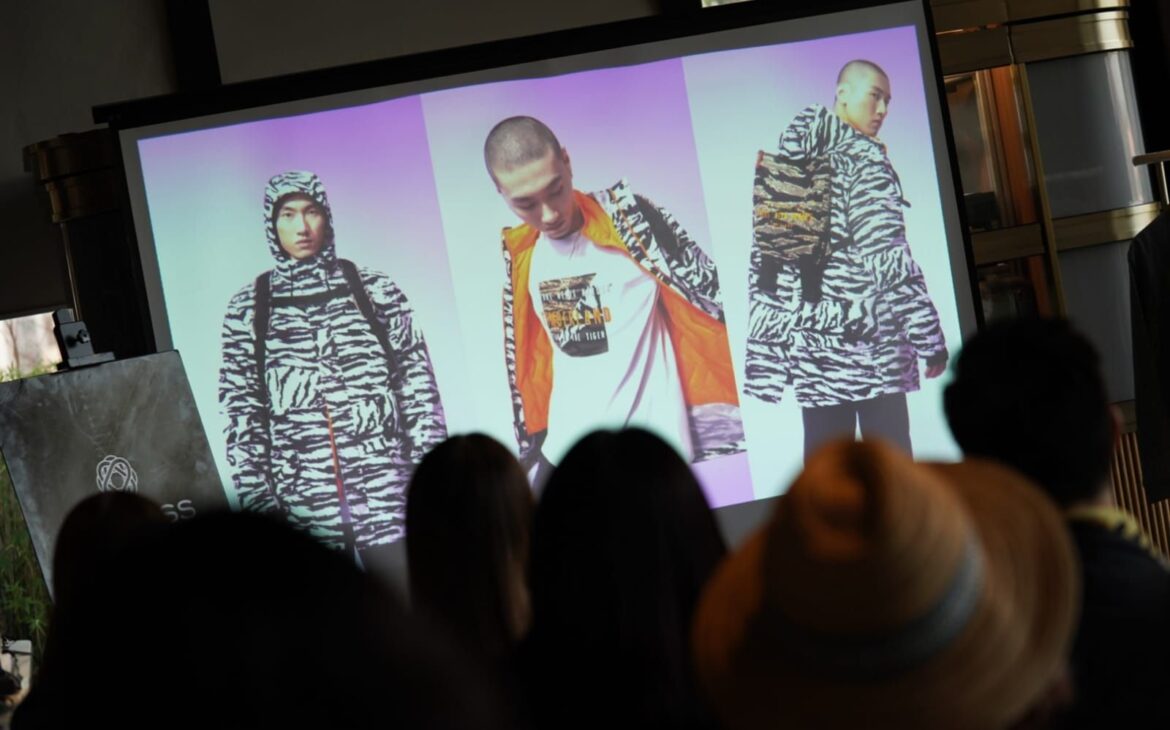
Moreover, Le notes that people’s awareness of sustainable fashion and sustainability in general in Vietnam is limited compared to compatriots in the US and Europe.
Besides, there is a limited ecosystem supporting sustainable brands, especially for small and medium enterprises.
“In Western countries, sustainable businesses are often supported by government funds, organisations or communities. However, in Vietnam, I haven’t seen any initiatives that connect and support young sustainable-oriented fashion brands. Therefore, for small and medium businesses like mine, we have to work and start initiatives ourselves.”
Despite that, sustainable fashion brands in Vietnam have opportunities to grow since they have certain advantages. Vietnam is located close to major textile and material markets, such as China and Thailand, therefore, the local enterprise can access a variety of material sources and abundant labour.
“I learned from a report by McKenzie about the future of consumers in Vietnam that within the Southeast Asia region, Vietnamese consumers tend to have a better awareness of eco-friendly products and a conscious lifestyle and are willing to pay higher prices for these products,” Le responds.
“Of course, there is still a significant difference between the willingness to pay and the actual action. However, at least, we do see that Vietnamese consumers are becoming more aware of sustainability.”
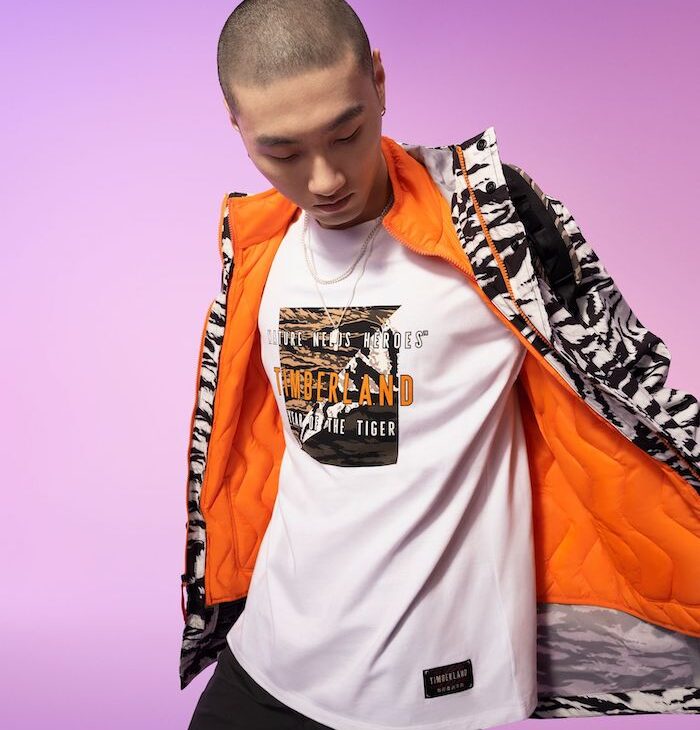
According to Le, social media also plays a crucial role in the development of eco-fashion. Thanks to media channels, people can share information with each other to help spread out the practising of a sustainable lifestyle. She thinks that education is needed to apply to both consumers and brands. Consumers’ awareness can be raised through media campaigns or they can access sustainable groups or communities.
“I was invited to talk shows about sustainable fashion by Vietnamese high-school students,” she smiles.
“It’s nice to see that people are becoming conscious about living green and the curriculum for fashion students in Vietnam has already included subjects regarding sustainability. I think there should be educational programs about sustainability within the fashion industry. Also, more networks or groups that are supported by NGOs for sustainable brands are needed.”
“Everyone needs to define their own sustainable fashion”
When it comes to fashion, it means change, trendy and flashy. However, sustainable fashion does not seem to match this since it focuses on fashion products with materials that are not harmful to the environment and the “buy less wear more” solution.
“Sustainable fashion sounds so contradictory,” Le says.
Eco-fashion is not simply a story about sourcing natural or recycled materials. This is a process that needs to ensure sustainability from the selection of raw materials, labour sources to the way consumers use eco-fashion products.
“Two main factors that contribute to the improvement of sustainability in fashion are consumers and brands (including sellers and manufacturers) – the two ends of a supply chain,” she adds.
“As a contractor to manufacturers, to ensure sustainable factors, fashion brands themselves should have direct control over the process of evaluating and sourcing materials together with finding the proper labour force.”
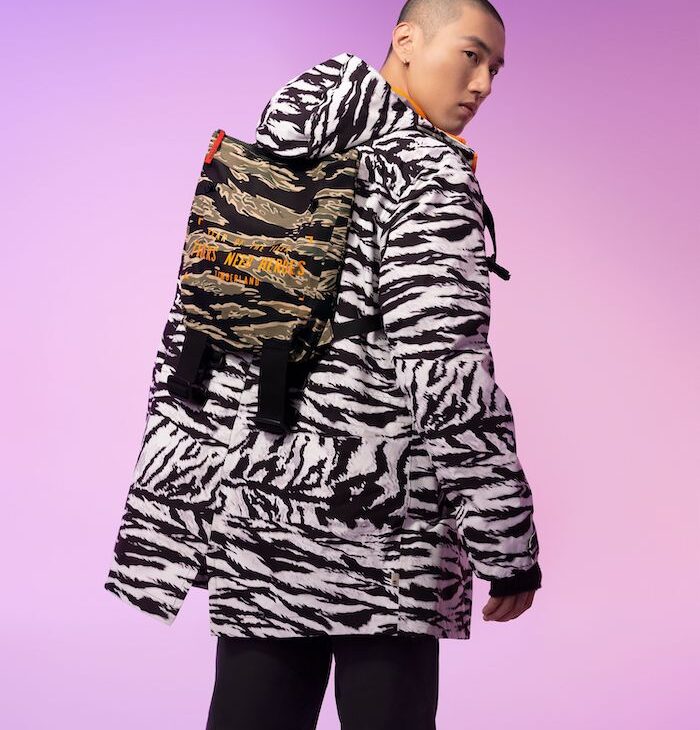
According to Le Ngoc Ha Thu, an eco-fashion item will no longer be “sustainable” if people do not use it properly. Consumers have great power in deciding the life of a product, therefore, changing consumption habits is necessary for both sustainable fashion and eco-friendly markets.
“For many people, consumerism is about satisfying mental and emotional needs. This is a mental battle and customers need to rethink their consumption and shopping habits.
“Under the consumer’s perspective, there are many difficulties in bringing sustainability into fashion. The easiest way for people to do that is to reduce their consumption, purchase more consciously and prolong the life of the product.”
Buying second-hand clothes is one of the contributions to the development of sustainable fashion, the designer states, many young people started buying second-hand apparel openly and this is considered as a potential market for fashion development in the future.
“You can also sew and repair old clothes yourself or bring them to sailors to practise a sustainable lifestyle.”
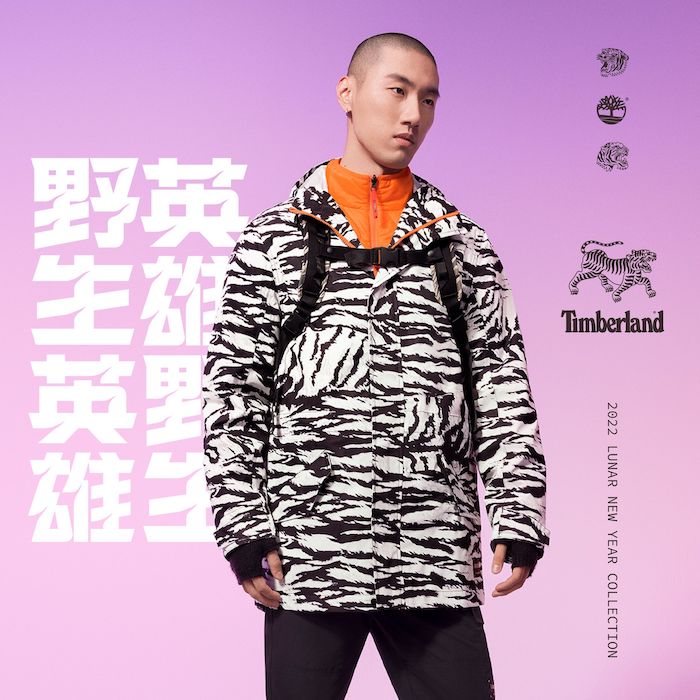
Further reading: Timberland launches Timberloop take-back program

